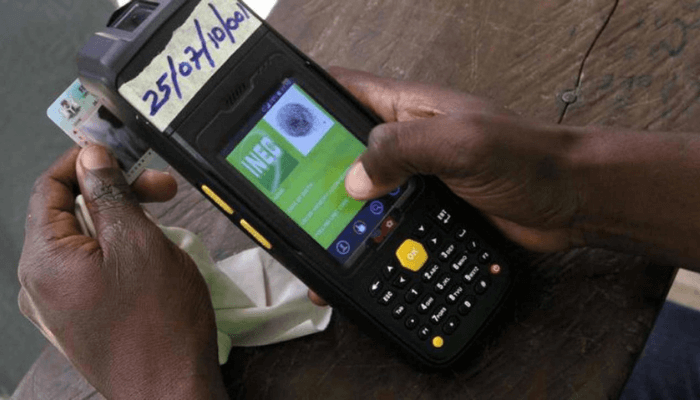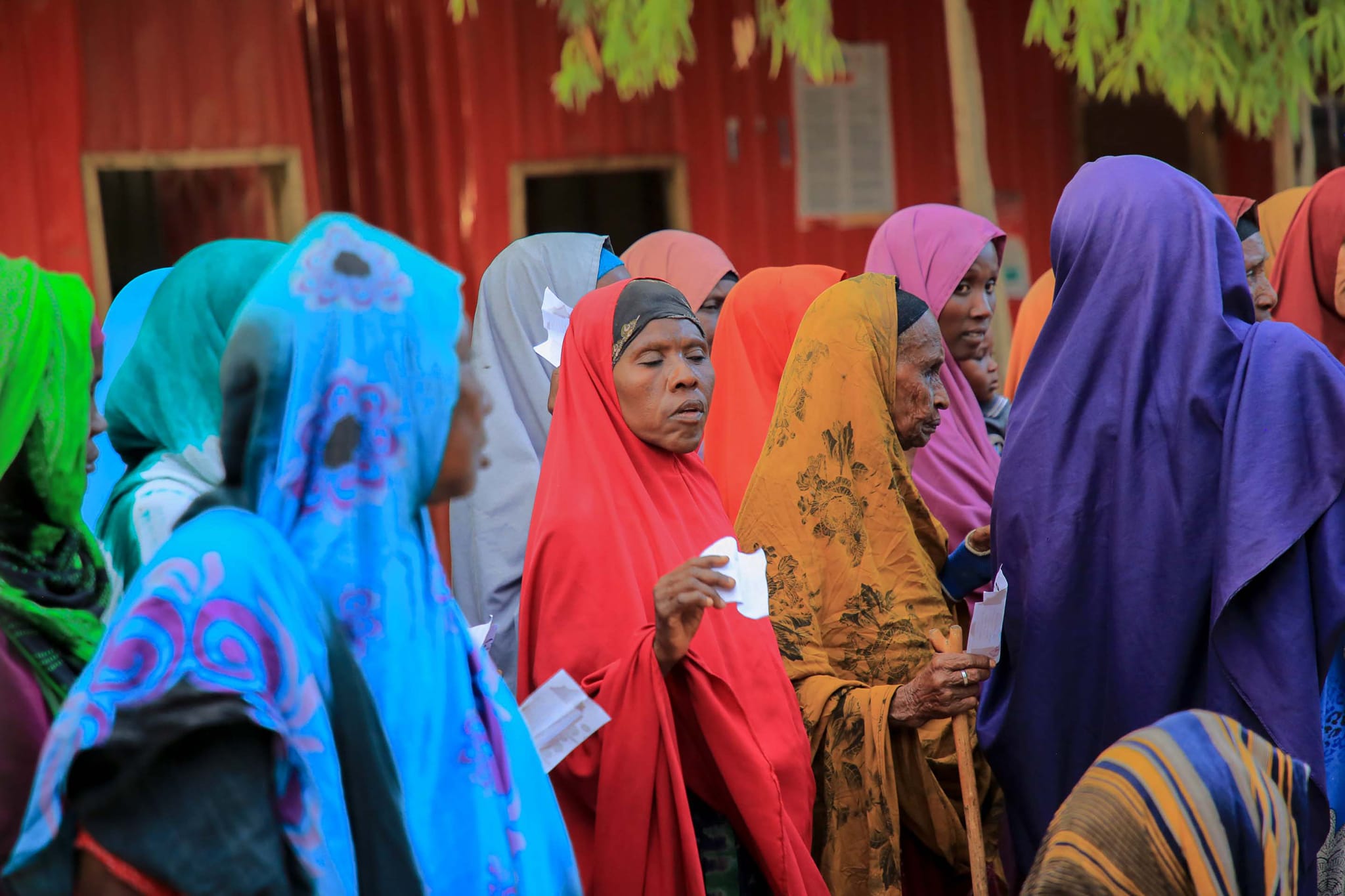We are not refugees, we are forgotten: Benue’s IDPs cry out amid endless violence, squalor, and broken promises

In Makurdi’s International Market Camp, suffering hangs thick in the air, as evident as the dust layered on the makeshift beds where Benue’s internally displaced people attempt to rest. Children dart barefoot across refuse-strewn yards, their joyless laughter quickly muted by the cries of new mothers and the weary groans of the ill.
These camps, meant as sanctuaries, are instead home to more than half a million people from across Benue State—people whose lives have been torn apart by violence, pushed to the limits of endurance, and abandoned by those sworn to protect them. Over and over, their desire is reduced to a simple, desperate plea: the wish to go home.
Just a month ago, the village of Yelwata was the scene of brutal attacks, leaving over 200 dead and forcing nearly 4,000 people to flee with nothing but their lives. Among the survivors is Dooshima, a young mother from Guma, who recounts running for safety amid gunfire and flames, leaving everything she owned behind. Now crowded into Makurdi’s Ultra International Modern Market IDP Camp, she confides, “We ran for our lives. Everything we own was left behind. Every day, we pray the government brings us home, but nobody comes.”
The tragedy is widespread. In Gwer West, Agatu, Ukum, Kwande, Logo, Guma, and numerous other places, the displaced are squeezed into more than a dozen formal camps, while countless others cluster in makeshift settlements or take shelter wherever they can—a tarpaulin by the roadside, a corner of a friend’s hut.
In Naka, Gwer West, new arrivals from fresh violence strain the already stretched resources, turning temporary settlements into permanent misery. Local authorities estimate that 615,000 people are currently displaced in Benue, with some reports suggesting that the true number may have climbed to two million, each person carrying a story of loss, fear, and longing.
Within Agatu’s camps, survivors like Simon Adakole, once a prosperous fish farmer, reveal the daily torment. “They killed my brother in front of me. They set our fields on fire. Months have passed, and still there is not enough food here for us to eat even once a day.” The stories are tragically similar throughout the camps: recurring hunger, loved ones lost, homes burned, and the agonizing uncertainty of the future.
A July 2025 visit by Amnesty International exposed the nightmarish existence being endured: “squalid conditions: no clean water, no proper toilets, and barely enough food to survive. Women sleep in fear, children fall sick from malaria and typhoid, and nearly every day there is a new birth to a mother who gets no medical care.” Camp officials in Makurdi have reported 15 births and over 120 pregnancies in a single site, nearly all without professional assistance, making clear the significant dangers and trauma facing women and newborns every day.
Patchwork, inconsistent aid occasionally arrives—bags of rice, new boreholes installed in places like Daudu or Gbajimba camps—but these gestures rarely address the magnitude of need. Starvation, anger, and exhaustion fuel frequent protests, as seen last month when hundreds marched in Makurdi demanding an end to “government neglect and diversion of aid”.
This crisis’s roots are complex and deep. Benue’s farming communities have been battered by Fulani-herder attacks for years, particularly in areas like Guma, Logo, Agatu, and Gwer West, turning entire villages into ghost towns. In the violent aftermath, international aid organizations such as the European Union have stepped in, pledging millions for quick humanitarian relief. However, inside crowded, smoke-choked tents, hope remains a luxury.
Governor Hyacinth Alia’s five-year action plan has offered pledges—agricultural training, new farmer cooperatives supposedly benefiting over 4,000 IDPs—but these announcements remain far removed from the daily realities in the camps, where many struggle to eat just one meal per day. Where groups like the Foundation for Justice Development and Peace (FIDP), UNICEF, and the International Organization for Migration (IOM) have built some wells and toilets, most camps remain dangerously overcrowded, their residents at risk from gender-based violence and disease outbreaks.
For Benue’s displaced, their repeated chant—“We want to go back home!”—carries both heartbreak and stubborn hope. Every family knows the perils waiting in their former villages, yet the torment of displacement is nearly as unbearable: hunger that gnaws through the days, nights spent awake with worry, mounting poverty, and the heavy weight of abandonment by their leaders.
As an IDP put it to the Daily Times, “Until they fix the insecurity, we will remain here. But if things get any worse, maybe we will die here too.” The sense of being trapped—unable to return home, but unable to survive much longer in camps—haunts everyone.
Voices like Dooshima’s and Simon’s echo those of others from all across Benue: they are not asking for charity, but for the basics—a secure place to live, the means to feed their families, medical care, and a sense of dignity. Whether these modest hopes will ever be realized remains uncertain, the answer for now written in hunger, frustration, and unendurable grief. As the rains come and the suffering deepens, the world’s gaze turns away—but for Benue’s displaced, the demand for justice, safety, and a future only grows more urgent.










